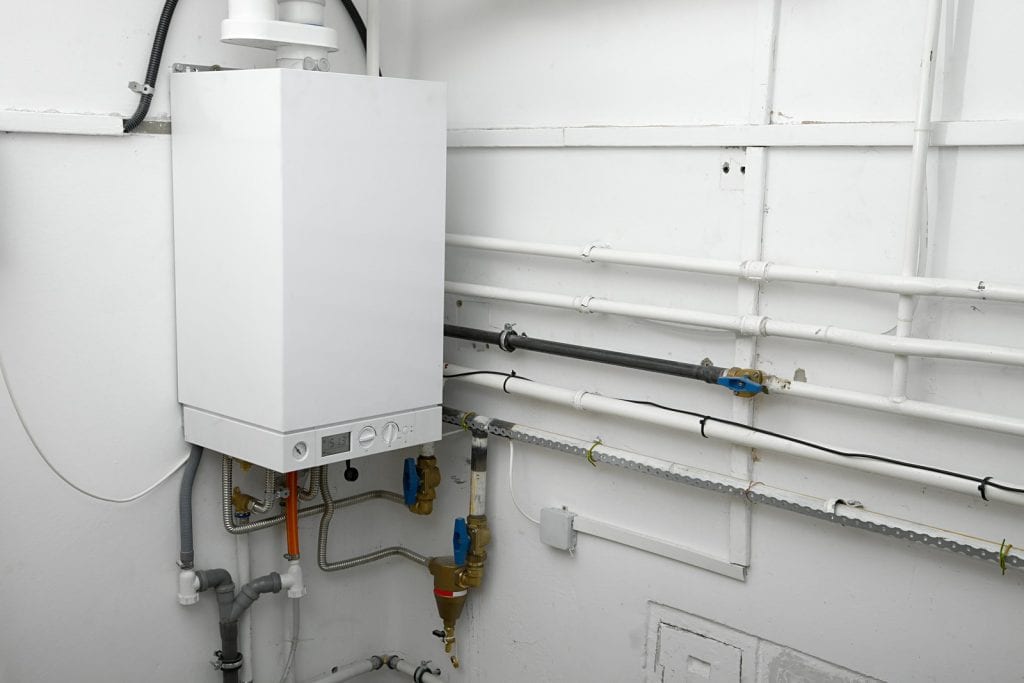Upgrading Your Gas Boiler – When is the Right Time?

Upgrading Your Gas Boiler – One of the key challenges associated with modern living that homeowners need to contend with is that of running an energy efficient home while keeping the cost of utility and fuel bills as low as possible. One of the most costly aspects of any home is its central heating system. […]
Boiler Upgrade FAQ

Boiler Upgrade FAQ – Nothing lasts forever in this world and your gas/oil boiler is certainly no exception. It is an unfortunate inevitability that boiler deteriorates in terms of efficiency over time. When they lose the ability to convert an acceptable level of fuel into usable heating energy it becomes high time that they were […]